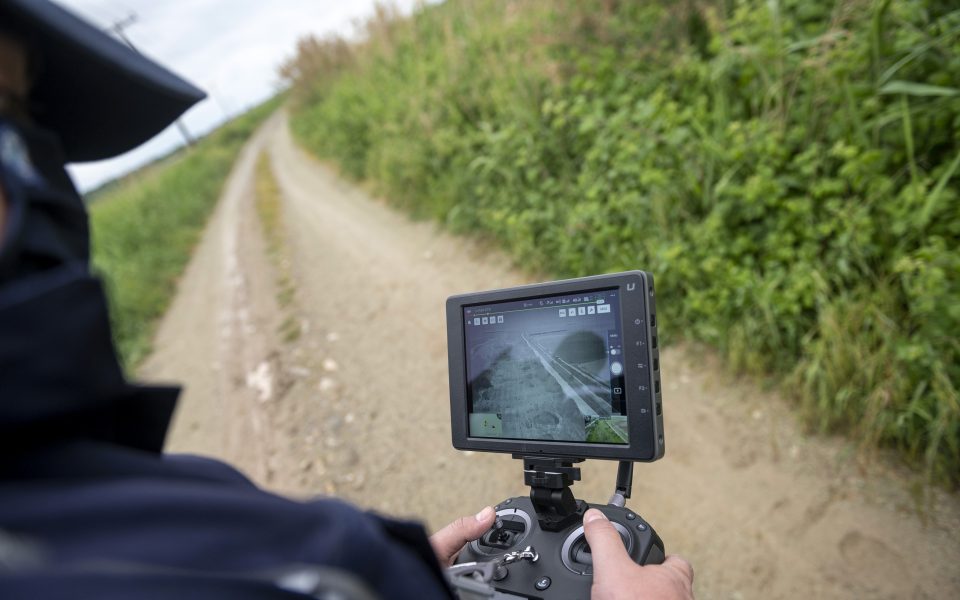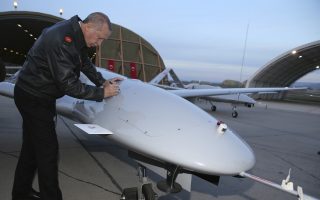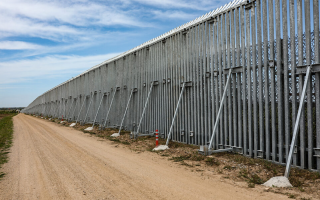Greece enters fight against hybrid threats
New system called Thorax to be introduced to deal with dangers of the artificial intelligence era

Greece has entered the fray to deal with new threats posed in the era of artificial intelligence after its decision to introduce an autonomous operational system named Thorax, with funding from the recovery fund, and which will belong to the Third Division of the Hellenic National Defense General Staff (GEETHA).
The aim is to use big data, AI applications and various types of algorithms (deep machine learning etc), allowing a central, hybrid system to filter the vast amount of information that is available on a daily basis, so as to isolate a threat and automate a response.
The threats that Thorax will be called to deal with have been a source of concern to NATO for years, with countries such as Finland and Estonia having developed infrastructures that – for different reasons in each country – allow these countries to make decisions quickly.
By decision of Deputy Development Minister Christos Dimas, the system will be financed with 50 million euros, with the possibility of additional support of 12 million euros from the Public Investment Program. The implementing bodies are GEETHA and the General Secretariat for Research and Technology. However, the program’s promotion is an initiative of Defense Ministry General Secretary Antonis Oikonomou.
Threats including cyber warfare, AI technologies and the spread of false or misleading information through various media cannot be contained by the barriers of the past.
Given these considerations, the prospect of developing a system that will combine political and military structures cooperating not only at the level of operations, but also at that of decision-making is deemed necessary.
All kinds of sensors will be deployed to gather information, such as radar, meteorological stations and other sources of external data, as well as AI applications in cyberspace.
Basically, it is a system that will consist of sensors of existing infrastructure of the Greek state, with software that will be added to it.
Of particular interest is cyberspace, which is a field in which Turkey has invested heavily in recent years.
Tellingly, before and during the Evros crisis in February 2020, Turkey sought to alter the situation on the Greek-Turkish border with information saturation whose main purpose was to entice Athens to make wrong decisions.





